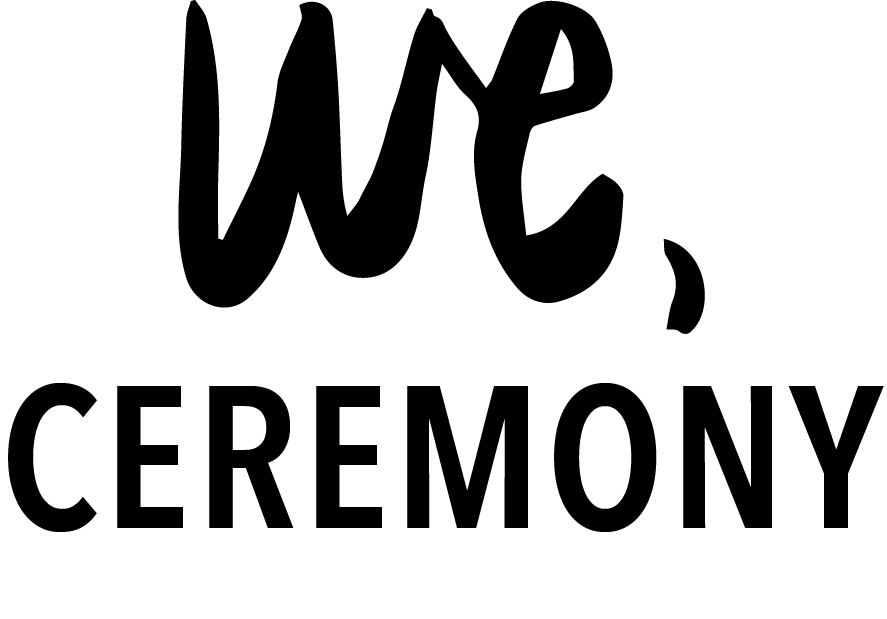Juliana Yazbeck
Meet Juliana Yazbeck, singer, songwriter, and composer, whose journey of embracing her facial hair and identity is one that is so real and resonates with us.
1. Tell us a little bit about yourself.
I am ethnically Arab, specifically Lebanese. My parents were asylum seekers in New Jersey during the Lebanese Civil War, so I was born there. I lived in post-war Lebanon from age six. I now live in London and work as a voice actor (it's excellent money, flexible hours, and lots of fun!) and as a singer, songwriter, and composer. I just released my debut album SUNGOD this year. My voice work funds most of my music work, so it's a great balance. My music is all about empowering women, encouraging radical self-love, decolonizing our minds and our definitions of self, and reclaiming our ancestral knowledge and power.
2. Please share with us about a time when you tried to minimize the appearance of your body hair/facial hair.
I started waxing my legs at the age of 12. I had far more leg hair than the boys in my class did, and because of patriarchal body hair expectations, that seemed very wrong. I began to bleach my entire abdominal area and beard area around the age of 15. As soon as I started earning money in my late teens, the first thing I spent it on was laser hair removal. I lasered my back, my tummy, my butt cheeks, and my bikini line. But my biggest trauma was my experience with facial hair. I used to bleach my entire beard area: from my cheekbones down to my jawline, including my chin and upper lip. Because I am dark (by Lebanese standards), the bleached blond hair would glow against my brown skin and often look extremely awkward. I hated it. Then I started acting in a series and the cinematographer - a Lebanese woman - complained about my facial hair glowing on camera. They sat me down in a hotel room and brought in a beautician to thread my face. I remember silent tears streaming down my face. It was very painful and caused me a lot of skin reactions, but I think deep down I was crying because I felt humiliated, sitting there in a hotel room with half the crew watching me, teasing me, comforting me as I had my very DNA ripped from my skin. I continued to work as an actor for years and at one point I started lasering my face. It felt like the only "solution" for camera work. I have now permanently removed 80-90% of my facial hair. That is DNA that I will never get back--though my children may inherit it from me, as I inherited it from my father. I am also writing about permanent hair removal as trauma and hope to publish the piece at some point.
3. What are some ways in which you embrace your body hair now?
A few months ago, I decided to stop waxing my arms. I have very dark, very long hair, and there's a lot of it. I am now at a point where I can dress up for a night out or a black tie event with all my arm hair and feel incredibly beautiful and powerful. This is something I have never experienced before. I now see body hair as something ancestral and therefore sacred, but the irony is I have removed most of it permanently. So am I now comfortable with what little body hair I have purely because I have so little left? I am exploring that. I also leave my eyebrows natural - I only pluck the monobrow area and am considering regrowing it too.
4. How do you practice radical self-love?
I have what I call "experiments in unconditional self love". Giving up makeup entirely was one of them, and it changed my life. I have been makeup-free for four years now, and I no longer think about it at all. I now look in the mirror and see perfection. It wasn't always that way. Not waxing my arms is another way. Wearing my hair completely natural, regardless of the occasion, is another. Not expecting white people's approval and not asking them for permission is another big one (and took a lot of (un) learning). But I think the biggest hurdle for me, at least culturally, was understanding what self-love even means. As Arab women, we do not exist for ourselves. We exist for our families, communities, and societies. We serve: we serve our children, we serve our brothers, we serve our parents, we serve societal expectations, we serve our religions, etc. So when you remove that, who are you, without all those rules? Meeting and getting to know my true self has been a massive experience in radical self-love. Today, the biggest way in which I practice self-love is no longer second-guessing myself and always, always, always speaking my truth. My truth is valid, and there is no "because".
